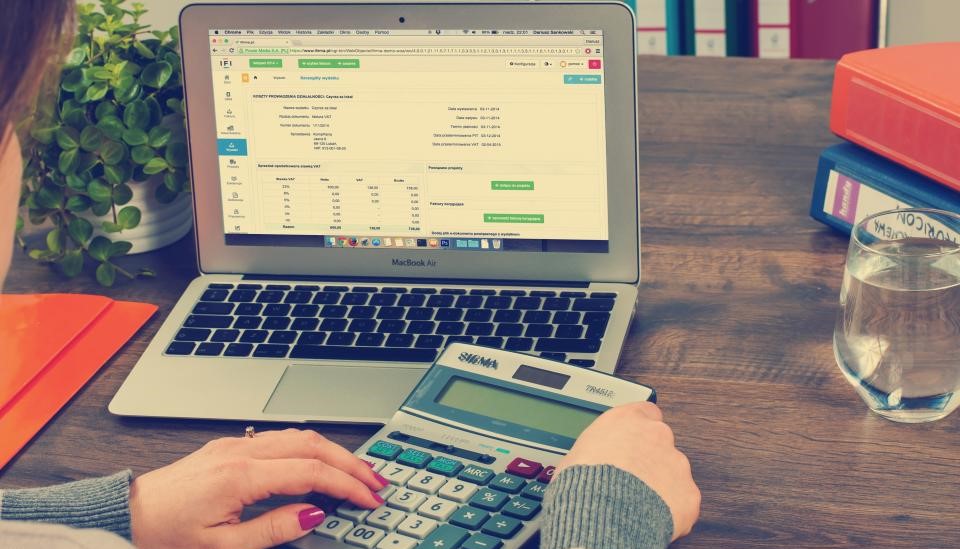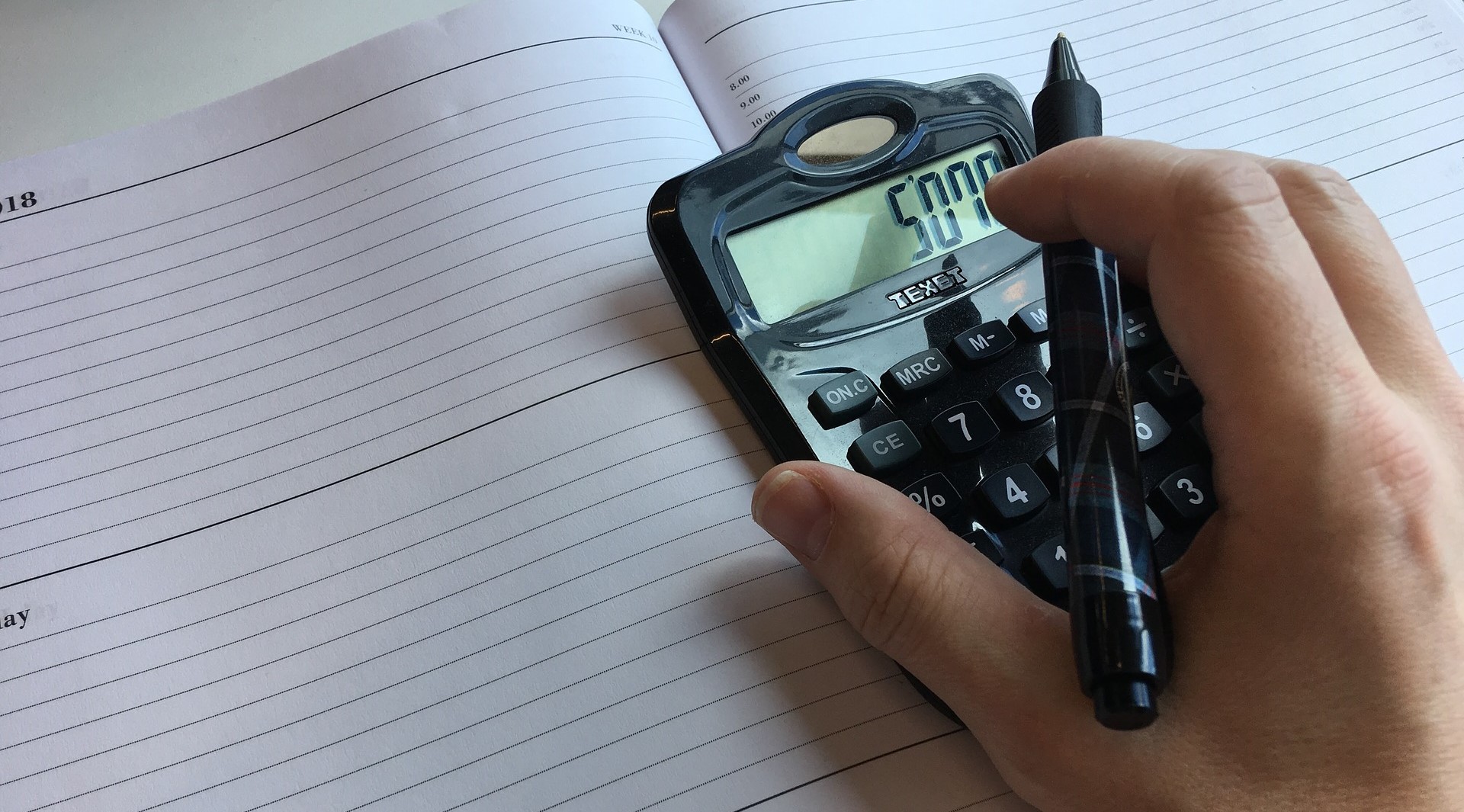Whether you run one real estate property or have a portfolio of rental properties, you should keep up with your bookkeeping. Although it’s easy to put your administrative work on the back burner, if you are serious about your business, you should keep track of your paperwork, such as taxes, insurance, repairs, and miscellaneous expenses.
Thank you for reading this post, don't forget to subscribe!Installing an accounting system is the first step toward a successful real estate enterprise and will help you to make sure you get the maximum out of your investment. But what if you have never done accounting and need to learn the basics before setting up your books? This article breaks down the basic principles of setting up an accounting system and automating it so that you can focus on what’s most important to you - generating income from your property.
How do you keep books for a rental property?
Before you get started, let’s talk about the foundation of bookkeeping. What is it? In short, bookkeeping is keeping a track record of all financial records and transactions related to your business. When these records are compiled, you get a clear picture of your business’s financial health. And if you run several properties, you will be able to see where your losses and gains come from, as well as what expenditures you need to cut back on or maximize to increase your profit.
Here are some of the steps for setting up your accounting:
Set up a business account
From day one, you should set up a business account, including checking and savings that you will use for all of the expenses related to your real estate. While a checking account is often used to collect rent from your tenants, a savings account can serve to put aside money for upcoming bills, such as taxes or insurance, or miscellaneous expenses, such as plumbing work or a broken thermostat in one of your units.
Make sure to keep your business-unrelated day-to-day expenses away from this account because the entire purpose of this set-up is to create a separate account for your business bills.
Keep track of your expenses
Keeping a solid track record of your expenses is one of the basic principles of successful bookkeeping. To do that, you will need a system that will help you to see the big picture and calculate how much money your properties generate compared to how much you spend on them.
Although some real estate owners use standard worksheets to record their transactions, this form of bookkeeping might become slightly overwhelming if you manage several properties and need a reliable system in place. That’s where good accounting software comes in, and while it might cost you upwards of a few hundred dollars a month, it will make the process a whole lot easier.
Enlist the help of a tax professional
If everything above sounds confusing or overwhelming, you might want to enlist the help of a CPA. Bringing an outside specialist onto your team will not only bring a fresh set of eyes but will also add an experienced tax professional who will get up to speed on your finances and avoid costly mistakes.
And the best thing is that he or she will also be on hand during the tax season, when you will need to prepare and file your paperwork, and they can make sure you get the most benefits as a business owner.
Go paperless
Today, many businesses offer paperless options. While this is the best choice for the planet, this is also a great move for your business, as it will help you stay organized.
While some of your documents - such as payments or tenant-landlord agreements - might still come in paper form, you should do your best to digitize your bookkeeping records. This move could include making digital copies of your paperwork or scanning receipts after you buy a piece of hardware to install in one of the units in your apartment building.
However, even after you scan everything, it’s a good idea to back things up and keep a few folders with regular receipts and other paper records. Digital programs - including accounting software - could crash, leaving you scrambling to recover your data.
Learn taxes
If you are just dipping your toes into real estate, it’s paramount that you get a solid understanding of how the tax system works. Learning it from the get-go will help you streamline the process and make sure you avoid hiccups later on. For example, one of the first things you need to do is navigate the difference between different tax forms such as a W-9, a contractor tax form, and a 1099 form that is required for non-employees who make over a certain amount of money.
What is the best accounting software for rental properties?
If you don’t want to clutter your workspace with tax forms, mortgage statements, maintenance bills, and other paperwork related to your real estate business, your best bet is good accounting software. These days, property management software helps to track a multitude of things, such as security deposits and vacancy reports, and set reminders for important dates, such as the tax-filing season.
There are several options for bookkeeping software
- FreshBooks - FreshBooks is a versatile software that helps to automate bookkeeping and save you a lot of time. It offers cloud-based accounting software that helps real estate business owners track their expenses, make and collect payments, create invoices, and overall streamline the management of their business.
FreshBooks software also offers friendly customer service and excellent support when it comes to technical questions. According to FreshBooks’ website, utilizing the software saves an average of 16 hours every month. The software offers a 30-day trial service.
- iRent - If you are a small or midsize property owner, iRent could be a great tool for your business. This cloud-based property management system includes a set of tools for billing and processing rent, keeping tabs on your rent slips, and paying bills. It also shows a list of properties and various tenant notification features. You can also set reminders for maintenance and upcoming repairs, among other things.
- Buildium - Buildium is considered one of the best options for rental property bookkeeping. It comes with accounting software and a variety of functions that simplify an otherwise-complex property management process. What’s also great about this platform is that you can use it to get up to speed on everything fairly quickly when you are new to the game, thanks to the many tutorials offered. Through those, you can learn about how to market vacant units, track expenses, automate monthly bank reconciliation, and generate financial reports such as balance sheets and cash flow statements.
Buildium plans range from $50 for a beginner plan to $460 a month for the most comprehensive plan.
- Yardi Breeze - Yardi Breeze is one of the best services for new property owners, and it is catered primarily to small to midsize property owners. It’s easy to set up and use, which comes as a huge perk if you are just starting out in the real estate business.
This versatile software works for many types of properties such as commercial, residential, and mixed-use buildings. One of the biggest perks of Yardi Breeze is that it offers excellent customer service and free training. Some of the features of Yardi Breeze include document management, rent collection and payment, billing and invoicing, and smooth integration of accounting software such as QuickBooks.
Yardi Breeze also offers marketing listings, maintenance requests, and a platform for communication between tenants and landlords.
The platform’s pricing varies, starting at $1 per unit.
- Appfolio - If you are an experienced landlord who is ready to hit the ground running, consider Appfolio. This best suits a landlord who manages larger-scale properties such as apartment buildings, condos, or student housing.
In addition to an array of features such as automated late fees, smart bill entry, relaxed-time reporting, and utility management, it also offers free training and resources as well as customer support.
Appfolio requires a $400 onboarding fee, in addition to a monthly per-unit fee that ranges from one type of property to another. Since the minimum monthly fee is $250, Appfolio is best suited for property managers with at least 50 units. While Appfolio is more expensive than other property management platforms, it is one of the best platforms for landlords who work with large commercial properties and have to manage large portfolios.
Can I use QuickBooks for a rental property?
While QuickBooks is a great software for tracking your expenses and income, it doesn’t have the full capabilities for managing a rental property, such as online rent collection, market reports, utility management, or a platform for communication between a tenant and landlord.
However, certain rental property software can be synced with QuickBooks. One of them is NowRenting, which allows for the integration of QuickBooks into its system.
How do you account for rental income?
Accounting for your rental income is a big part of running your business, as it is critical for understanding how much profit you are going to report on your tax forms and how much tax you are going to pay.
The amount of rental income you are going to declare depends on the form of accounting that you use. The most popular way is called the “cash-basis method,” and it requires you to report income as soon as you receive it and report expenses when you pay them. Another way of accounting for your rental income is the “accrual method,” which means you report your income when it’s earned and not when it’s received.
Is rental income considered an asset?
While your rental property is considered an asset, the income you derive from it is not.
Is rental income passive income?
While rental income technically qualifies as passive income, it requires considerable time investment on your side. If you want to run a successful real estate business that generates a steady income, you need to be actively involved in it from day one. This means marketing your property, staying on top of real estate trends, communicating with your tenants, keeping a regular maintenance schedule, and staying on top of your bookkeeping and taxes.
Depending on the size of your property and the number of tenants that you have, running a real estate rental could amount to a full-time job.



